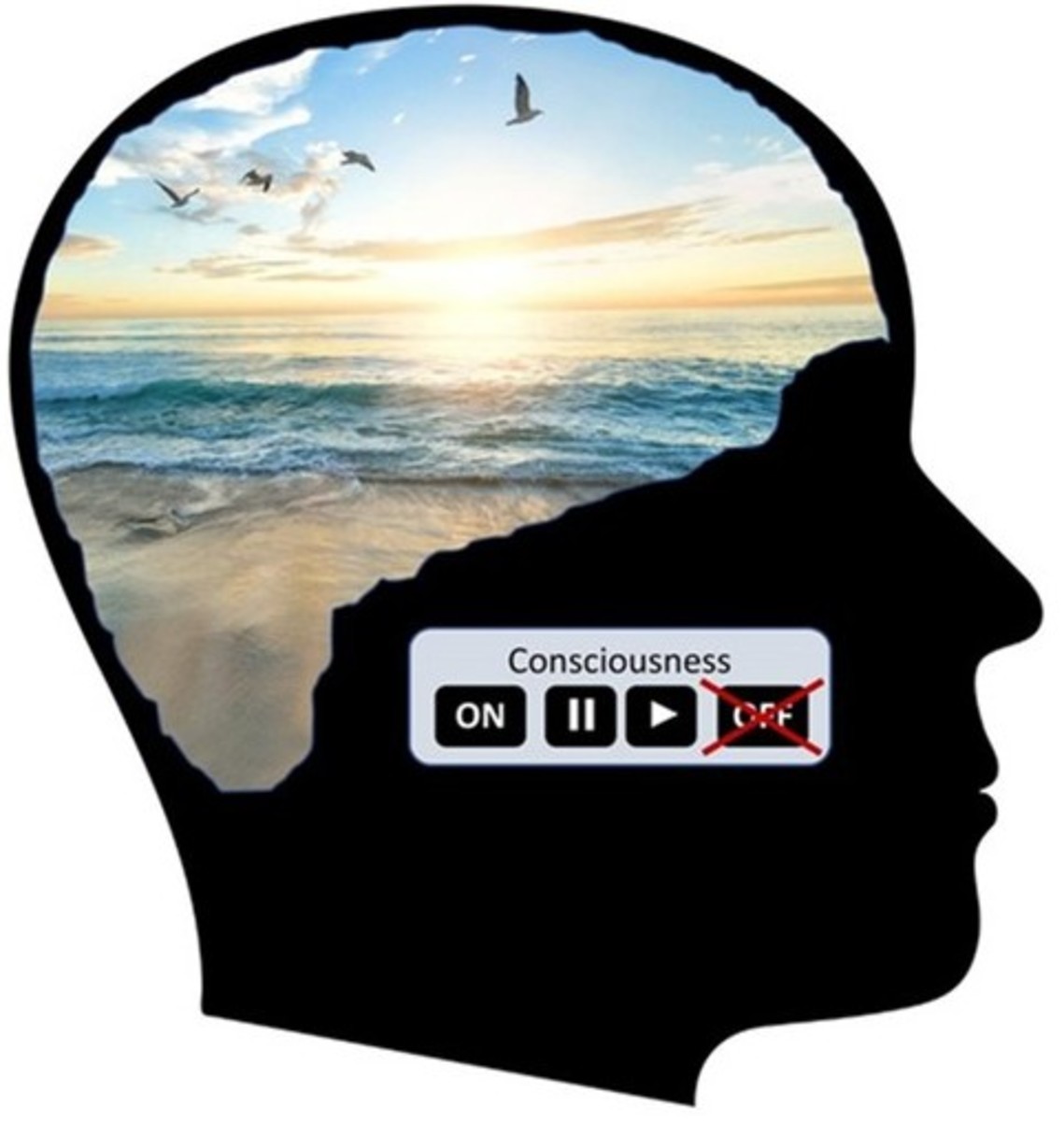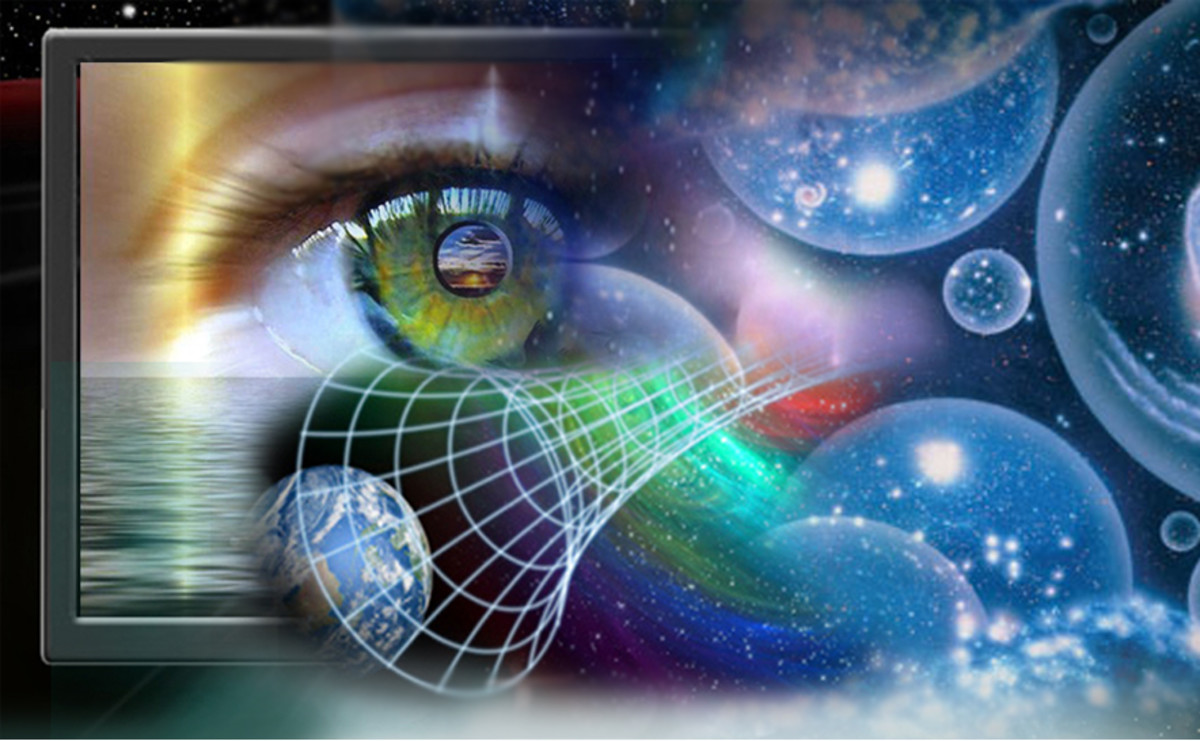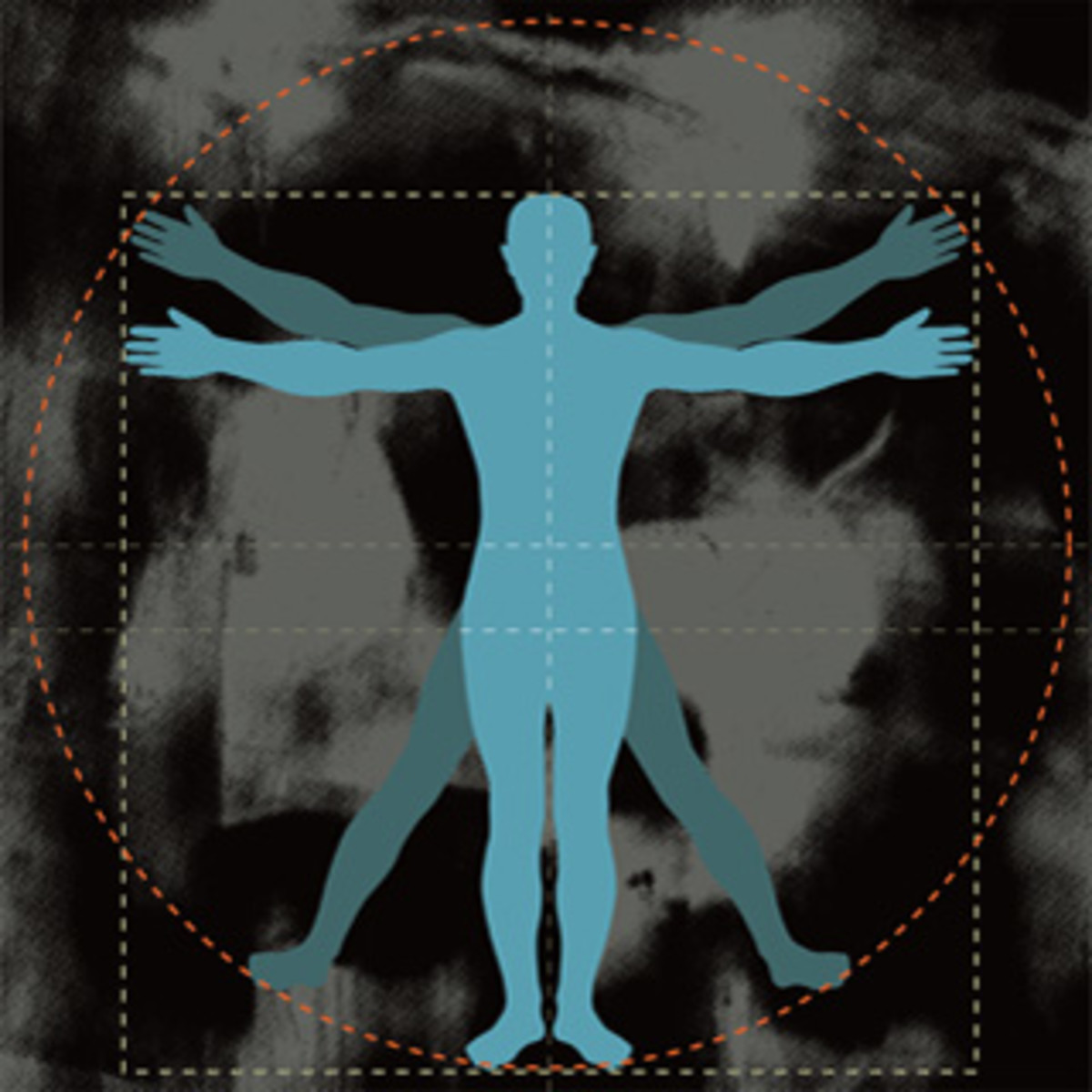Defining Consciousness
What is Consciousness?
Consciousness in its broadest definition is:the ability to understand non-material concepts. However a definition is not enough to understand what consciousness is. Some of the most important terms associated with it are: awareness, environment, free will, and emotion. To be conscious, is to be self-aware, and to be cognitive of your being.
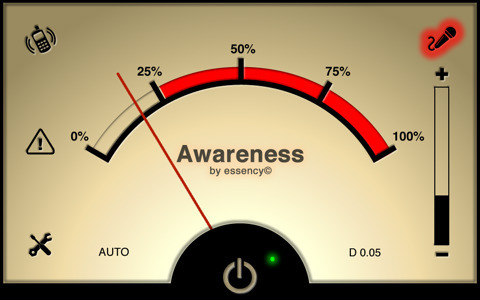
Awareness
Awareness defined is the “knowledge or perception of a situation or fact”. Awareness is needed to be able to identify who you are, and physically identify your surroundings, both which are necessary to be conscious and both are not physical beings. To understand the concept of who you are, demonstrates a level of higher level thinking. To identify physical characteristics is a basic survival instinct and may not be seen as impressive. But as conscious beings we are able to identify emotions, tendencies, and characteristics and assign them to a “mental set” of a being. We interpret actions on a higher level and assign them to one’s mental role. If you can process your surroundings, you can identify yourself to a relative location. If you know where you are at, then you can have a base of consciousness. To be able to understand and process where your physical being is, means that your mind is able to connect to a larger “picture” and identify your piece in it. This is a crucial in proving that we are capable of higher level thinking and understanding faint, non-feasible, concepts.
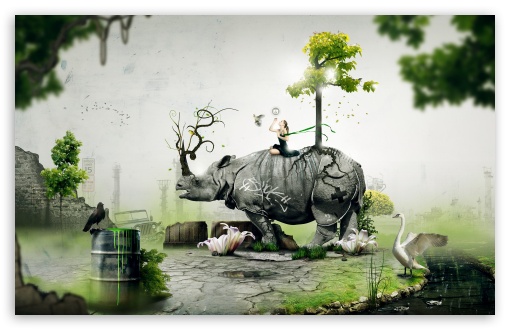
Environment
There are many types of environments, two of them are physical and cultural. Your physical environment is your surroundings, the objects around you. Part of consciousness must be aware of where you are and what makes up your life. The physical environment is an important building block in understanding ones state of consciousness. If you are able to determine your location, evaluate objects for meaning, and comprehend your surroundings, then a higher level of consciousness is obtained. It is important for an individual to be able to connect themselves to a bigger picture for them to understand where they take part. Your cultural environment is important to consciousness because of how it affects your state of mind and thought processes. Your culture can include your local customs and religion. These things are important because they are the way you evaluate information that cannot be proven or in not graspable. To be aware of concepts that are vague, and try to offer an answer, it demonstrates a higher level thinking or consciousness. Because customs and religions can alter your perception of life, it begs the question if consciousness is concrete. For example, in traditional Buddhism belief, one can meditate and bring themselves to another state of mind or consciousness. If this is possible, it could prove that your belief system can effectively alter consciousness. If your consciousness can be altered by a purposeful act, then it is not concrete.
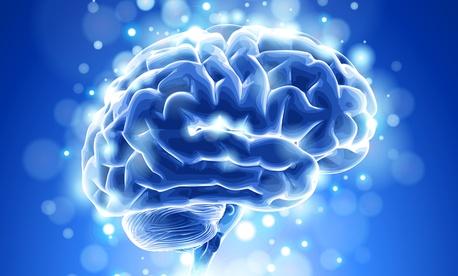
Free Will
Free will is the idea that allows us to act upon ideas of our awareness and with the principles of morality we believe in passed down by culture. It may not be enough to say you’re conscious if you are self-aware, but with the knowledge of your existence, and the ability to make you own choices makes consciousness apparent. If you can understand your being and then make decisions, decide actions, and take part in ideas, this demonstrates you are conscious. You have the “know how” to analyze your environment for cause and effect decisions and situations with deeper meaning, which requires a higher level of thinking.



